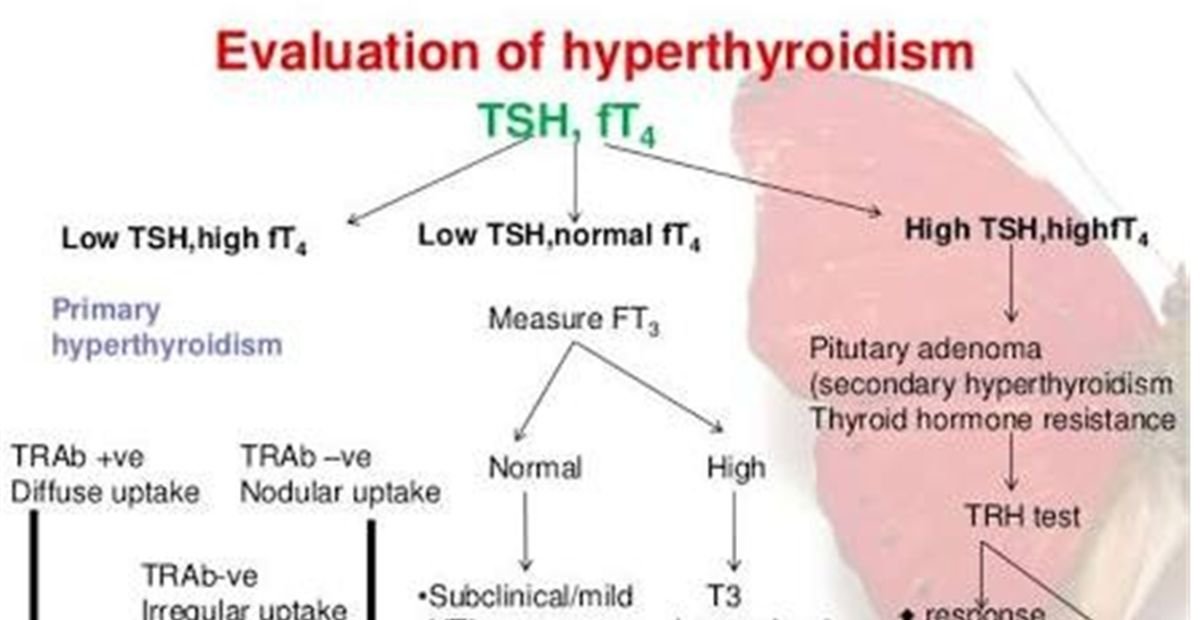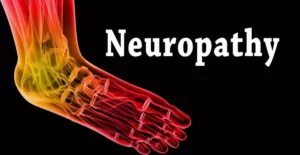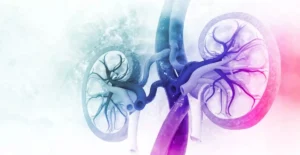Hyperthyroidism, frequently described by an overactive thyroid organ, presents a heap of side effects influencing digestion, pulse, and energy levels. This article offers insights into the condition’s side effects, main drivers, and accessible treatment choices, giving fundamental information to viable administration.
In the tremendous scene of ailments, one frequently disregarded and, at this point, an unavoidable issue is hyperthyroidism. Hyperthyroidism: Symptoms, causes, and treatment An inquiry holds up a condition that influences millions around the world.
Hyperthyroidism is a condition where the thyroid organ delivers a lot of thyroid chemicals. This can cause side effects like weight reduction, fast treatment heartbeats, and anxiety. Side effects of hyperthyroidism can shift from one individual to another and may incorporate nervousness, irritability, and disturbed sleep.
Promising Research and Future Directions
Promising examination in the way of significant headways fashionable therapeutic care. Researchers are investigating creative actions that hold the possibility of reforming how we approach different ailments. From customized medication to state-of-the-art intercessions, what’s to come looks encouraging as scientists keep revealing new roads for treatment.
As these promising roads of exploration unfurl, future headings in treatment center around cooperative endeavors among clinicians, and policymakers expect to interpret examination discoveries into unmistakable answers for patients around the world. upgrading openness and adequacy.
Medicating the Metabolic Meltdown: Pharmacological Interventions
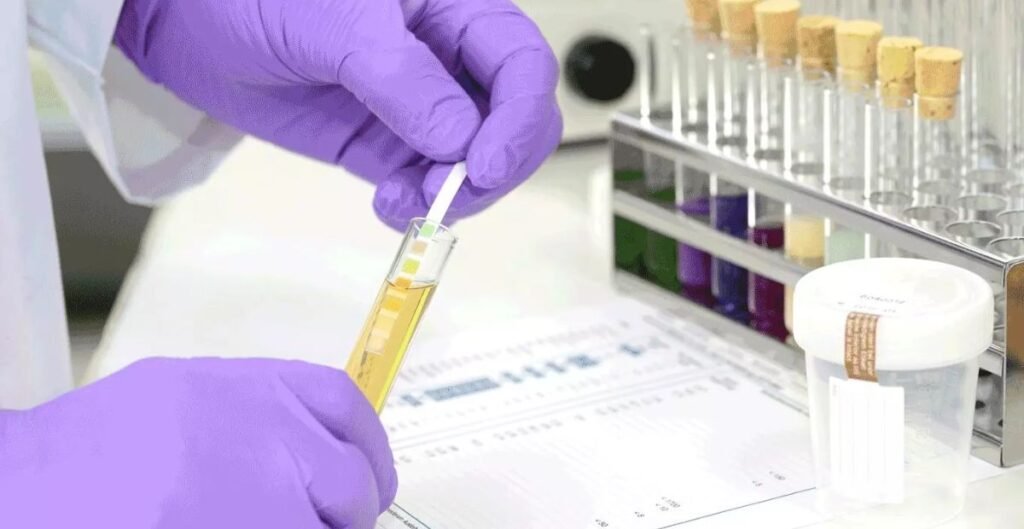
Sedating the Metabolic Implosion: Pharmacological Medications offers an extensive study of treatment choices for metabolic problems. These intercessions expect to oversee conditions like diabetes, weight, and metabolic disorders through designated medicine regimens.
Investigating Causes of Hyperthyroidism
Hyperthyroidism happens when the top measure of phytohormones, prompts different side effects like weight reduction, a fast heartbeat, and nervousness. To comprehend its causes, specialists might conduct tests to evaluate thyroid capacity and check for fundamental circumstances like Graves’ infection or thyroid knobs.
Once analyzed, treatment for hyperthyroidism means standardizing thyroid chemical levels and easing side effects. Choices incorporate prescriptions to manage chemical creation, radioactive iodine treatment to decrease thyroid action, or medical procedures to eliminate part or the entirety of the thyroid organ.
Exploring Indications of Hyperthyroidism
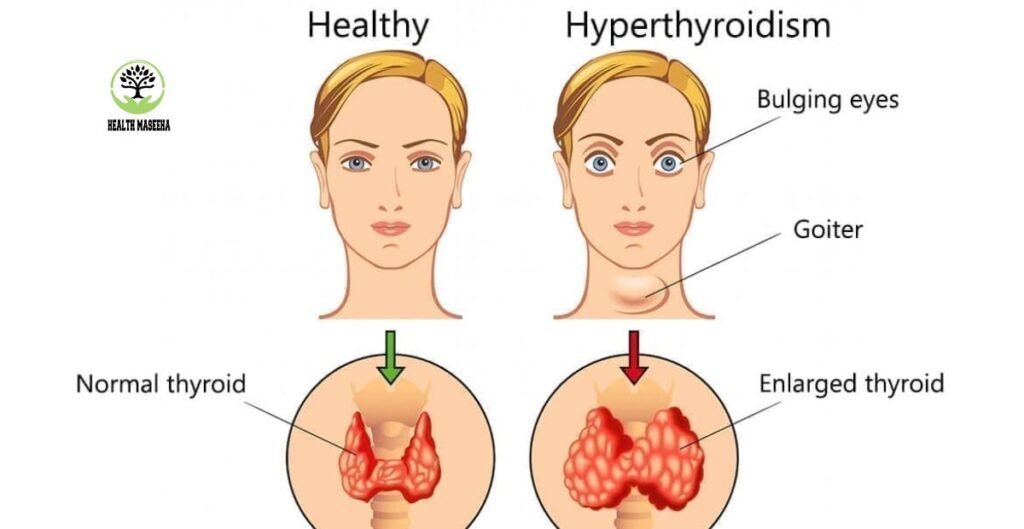
Hyperthyroidism, a condition where the thyroid organ spawns an excess of elements, can have different side effects. Choices range from medications that control chemical levels to radioactive iodine treatment or a medical procedure to eliminate part or the entirety of the thyroid organ.
Treatment for hyperthyroidism might incorporate prescriptions to control chemical levels, radioactive iodine treatment, or in serious cases, medical procedures to eliminate part of the thyroid organ. It’s fundamental to counsel a medical care professional for exact determination and customized therapy to successfully oversee hyperthyroidism.
Long-term Management and Complications
The long haul includes progressing care to address difficulties that might emerge over the long haul. Treatment procedures mean to relieve these intricacies and work on the general satisfaction of patients. By intently observing side effects and executing suitable medications, medical care experts can assist individuals in successfully dealing with their condition and diminish the risk of additional intricacies.
Diagnostic Procedures for Hyperthyroidism

Symptomatic systems for hyperthyroidism Ordinarily, treatment includes blood tests to gauge levels of thyroid chemicals and thyroid-invigorating chemicals (TSH). Raised degrees of thyroid chemicals, like thyroxin (T4) and triiodothyronine (T3), alongside low degrees of TSH, demonstrate hyperthyroidism.
Whenever hyperthyroidism is analyzed, treatment choices might incorporate medications to manage thyroid chemical levels, for example, anti-thyroid medications like methimazole or propylthiouracil. Now and again, radioactive iodine treatment or thyroidectomy (careful removal of the condition) successfully eases side effects.
Effects of Hyperthyroidism
Hyperthyroidism, a condition where the thyroid organ produces an inordinate amount of thyroid hormone, can prompt a range of impacts on the body. Normal side effects incorporate a fast heartbeat, weight reduction, anxiety, and treatment-expanded perspiring. Whenever left untreated, hyperthyroidism can bring about serious confusion like heart issues, weak bones, and, surprisingly, a thyroid storm, a dangerous condition.
Effective Treatment Approaches

Compelling treatment approaches include a blend of treatments custom-made to address explicit circumstances. These medicines might incorporate prescription, treatment meetings, way-of-life alterations, and elective cures, all pointed toward overseeing side possessions and advancing general prosperity. Their likelihoods of repair and long-term outcome in commerce with their environments.
Surgical Options for Severe Cases
When confronted with extreme instances of sickness or injury, careful therapy choices frequently become fundamental. Specialists utilize different procedures to resolve basic issues and restore wellness. These techniques might include mind-boggling intercessions to eliminate growths, fix damaged organs, or correct underlying anomalies.
| Surgical Option | Description | Pros | Cons |
| Spinal Fusion | Surgical procedure to join two or more vertebrae | stabilizes the spine – Relieves pain | – riskf complications such as infection or blood clots |
| Total Joint Replacement | Replacement of severely damaged joint | – Restores joint function; reduces pain and improves mobility | – Risk of infection;n – Limited lifespan of artificial joint |
| Coronary Artery Bypass | Bypassing blocked coronary arteries | – Restores blood flow to the heart – Reduces chest pain | – Requires a prolonged recovery period – Risk of complications |
| Bariatric Surgery | Surgical weight loss procedure | – Significant weight loss – Improvement in obesity-related health issues | – Risk of complications such as infection or leakage |
| Organ Transplantation | Replacement of a failed organ with a healthy one | – Extends life expectancy – Improves quality of life | – Risk of organ rejection – Requires lifelong medication |
While careful medicines can be intricate, they offer expectant patients wrestling with extreme circumstances, meaning to reduce side effects and work on personal satisfaction. In such cases, cautious thought of careful choices close to different types of treatment is fundamental to giving thorough consideration and advance recuperation.
Effects of Hyperthyroidism
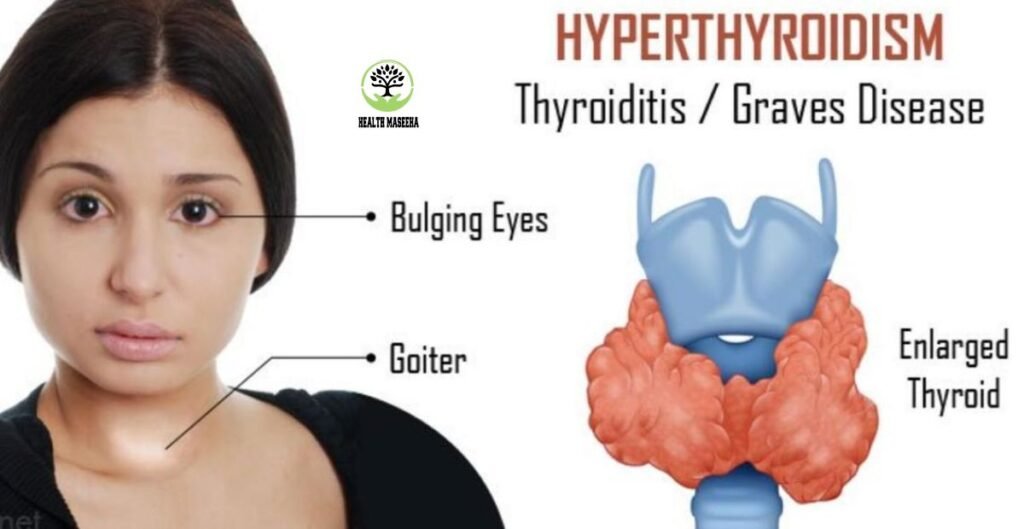
Hyperthyroidism, a condition treatment where the thyroid organ produces inordinate measures of thyroid chemicals, can prompt a range of impacts on the body. Normal side effects incorporate a fast heartbeat, weight reduction, apprehension, and expanded perspiring. Whenever left untreated, hyperthyroidism can bring about serious confusion like heart issues, debilitated bones, and, surprisingly, thyroid gale, a dangerous condition.
Lifestyle Modifications
Lifestyle changes assume a pivotal role in the treatment of different medical issues. Can profoundly develop their general prosperity. These alterations frequently supplement clinical medicines, supporting better administration and avoidance of illnesses like diabetes, hypertension, and corpulence.
In addition, way-of-life changes enable people to assume command over their well-being and decrease dependence on prescriptions alone. Straightforward changes, for example, stopping smoking, restricting liquor admission, and getting adequate rest, can significantly affect one’s well-being results.
FAQs
What are the suggestions for hyperthyroidism?
Indications may include weight loss, rapid heartbeat, sweating, anxiety, tremors, and difficult sleeping
What causes hyperthyroidism?
Hyperthyroidism can be caused by environments such as Graves’ disease, thyroid nodules, or irritation of the thyroid gland.
How is hyperthyroidism analyzed?
Analysis typically involves blood tests to measure thyroid hormone levels, along with imaging tests like ultrasound or a thyroid scan.
Conclusion
Hyperthyroidism is a disorder described by a feverish thyroid structure, hostile numerous side effects like mass reduction, wild heartbeat, and uneasiness. The condition is normally taken about by elements like Graves’ sickness, thyroid knobs, or thyroiditis. In any case, with appropriate conclusions and treatment, people with hyperthyroidism can successfully deal with their side effects and have solid existences.
Treatment choices might incorporate drugs to control thyroid chemical levels, radioactive iodine treatment, or in extreme cases, medical procedures to eliminate part or the entirety of the thyroid organ. Careful, people with hyperthyroidism can encounter help from their side effects and accomplish work on general well-being and prosperity.

